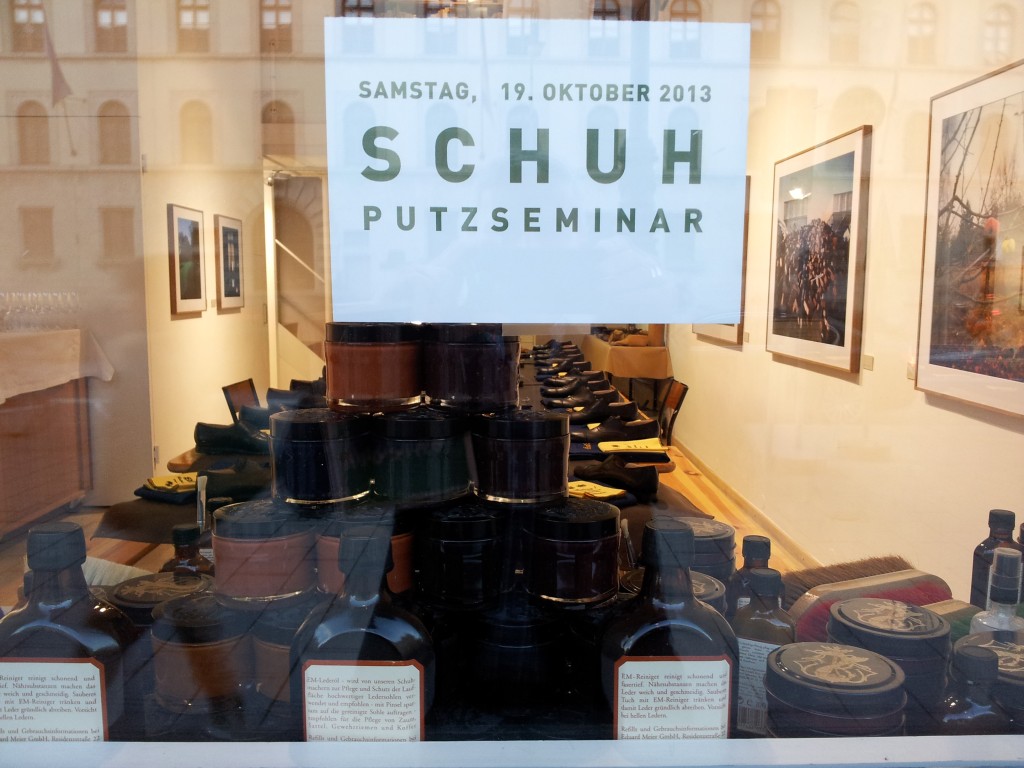hi ghazal,
i recalled today you once told me about your parents divorce, and you call your father a traitor, since he started an affair with another woman already 4 years after he married your mom. your judgement was clear-cut, since your dads love-affair in your eyes was first of all a decision against his children. i still dont see it as a treason, as something to condemn.
there are cases, real or fictious, which are more dramatic, and deserve the name TREASON much more.
Paris 1960 (À bout de souffle by Jean-Luc Godard) The little gangster Michel (Jean-Paul Belmondo) tries to seduce the American Student Patricia (Jean Seberg). She likes how he flirts with her, how he carresses her, but still she remains undecided about living with him.
finally she reports him to the police, who is desperately after Michel in a murder case. when the police wants to arrest him he tries to escape, and is shot dead by the officer. in the last seconds, Michel is laying in the middle of the street, dying, he looks up to Patricia and his last words roll over his dust covered lips “you are really a scumbag” (original: C’est vraiment dégueulasse). here we very much understand Patricias treason, although some scenes earlier she already announced to Michel that she considers reporting him to police – only to find out whether or not she loves him.
Berlin 1945 (Blind hero: the love of Otto Weidt). Otto Weidt was running a factory for brushes and kitchen brooms in nazi Germany. Blind himself, he mainly employs jews who – without his protection -would face deportation to concentration camps and death. He risks his own existence, and several times cheats with gestapo officiers to hide his workers from regular rides that take place. Otto Weidt is with no doubt a soul mate of Oskar Schindler. Weidts secretary and assistent in his anti-nazi conspirancy is the young and vivid Alice Licht, intelligent, clever, and enchanting, from an established jewish family. The two fall in love with each other, and one can see that it is mainly Alice who tries to seduce her boss who is 27 years her senior.
When the threat by Gestapo searches become worse and worse, Weidt hides entire families of his jewish employees in clandestine shelter rooms in the rear part of the factory. In 1944, though, Alices parents are discovered by a night Gestapo inspection and deported to the Theresienstadt ghetto, where they soon die. Alice is also caught and transported to the Auschwitz camp. Otto Weidt, receiving a last postcard from her with a decrypted description of where she is, travels to the notorius Auschwitz site and there requests entry pretending that he wants to offer the SS a special deal to purchase his brushes. But the SS guards refuse him entry to the Auschwitz camp. Soon after, when the Soviet army advances at the Eastern front, the concentration camp is liberated and Alice and Otto reunite in a small town nearby. Alice, traumatized by learning about the whole extend of the holocaust and realizing that her parents are the among the 6 million victims of it, decides to leave Germany for the US. Otto can not follow her right away, but feels that the love affairs they once had was not least ignited by the external political danger of the holocaust, directly imposing a death risk onto Alice and the other Jews of the factory and making Otto Weidt their only saivor. When the nazi threat is over, Alice forgets what she once begged Otto for: to stay with her forever. Left behind in Berlin alone, with no chance to get a visa for the US, and not hearing from Alice any more, Otto Weidt dies in 1947. I assume with the cause of death “broken heart”. After a few years Alice Licht moves to Israel. It is not her, but other Jews of the Berlin brushes factory who were rescued by Otto Weidts braveness and initiated him being awarded the title of a Righteous among the Peoples in Jad Vashem.
The treason by Alice Licht is something I will never understand.



